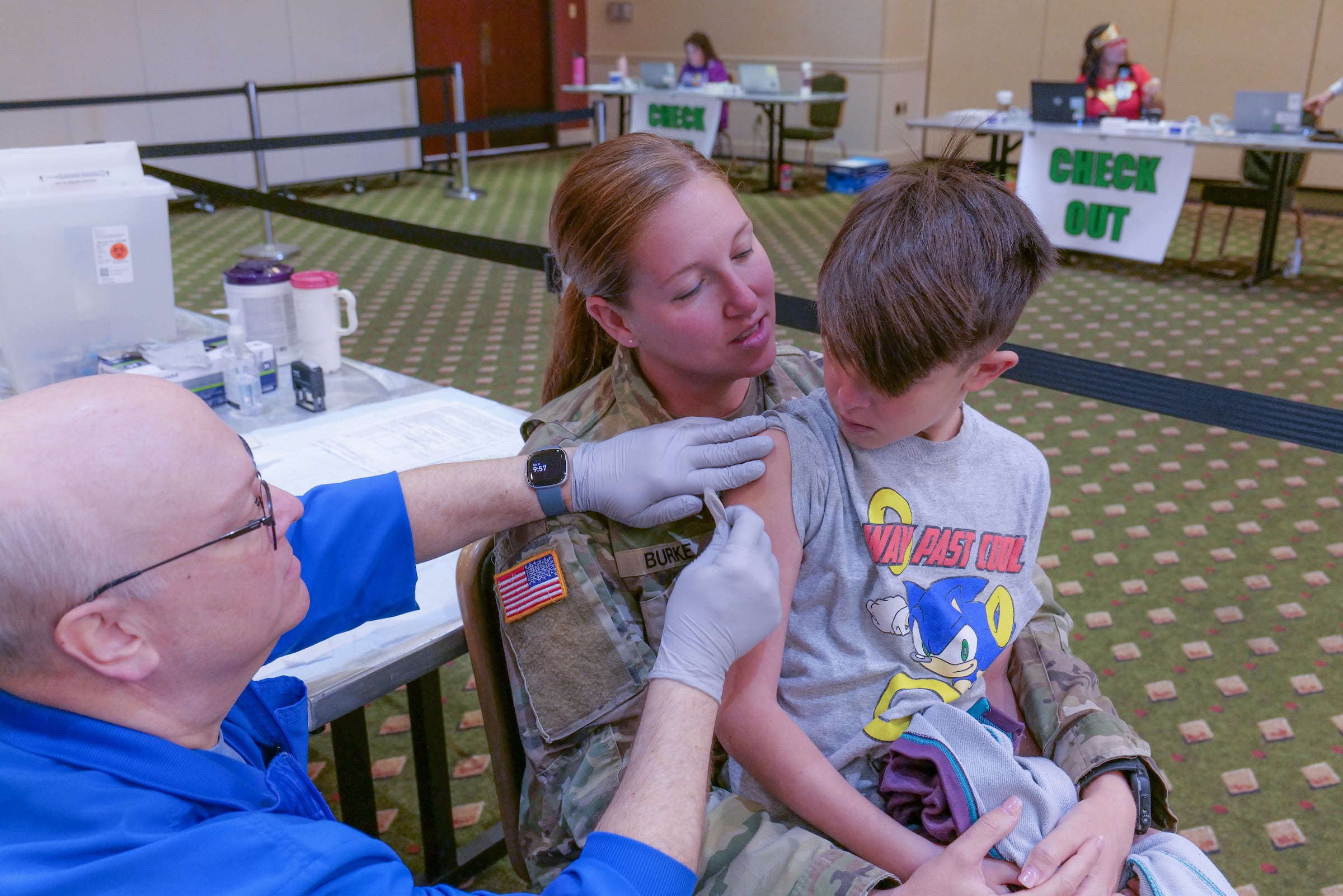Marine officials have revealed little about their strategy to counter Marines' participation on social media Facebook pages with abusive or misogynistic content, but change may be on the way.
Officials say discussions are taking place at Headquarters Marine Corps headquarters concerning who is the arbiter of content and whether a single entity should be responsible for application and enforcement of social media standards.
"Any changes that may arise are still in a predecisional stage," said Marine Corps spokesman Capt. Eric Flanagan.
What many do not realize is that the Marine Corps works closely with Facebook to identify objectionable pages and even has a dedicated military liaison at the company with whom Marine officials can communicate directly.
Marine officials also flag trademark violations and other concerns as they arise, and Flanagan said the Marines have so far worked to shut down more than three dozen problem pages on the social media site.
When individual Marine units receive complaints about social media abuse, Flanagan said they investigate them on a case-by-case basis and deal out punishment as seen fit.
"We equate it to, if a Marine walks around with a T-shirt that has a middle finger on it, that's not appropriate," Flanagan said. "If you see a Marine out in the mall and he's got that shirt on, other Marines are going to say, 'Come here, Marine; straighten out that shirt.' "
For more on social media: The new 'F'n Boot:' Once abusive page seeks to help vets
To date, punishments for social media violations have ranged from formal counselings and reliefs to military protective orders and nonjudicial punishments, Flanagan said.
Another development that could prove a game-changer for the Marine Corps and social media is the Supreme Court case Elonis v. U.S., a case argued in December that will require the court to decide whether a social media posting can be considered an active threat.
Bradley Shear, a Maryland-based attorney with expertise in social media, said the case could go many different ways at this point, but added that he imagined the Marine Corps and all the armed forces were watching the case closely.
"If a court decides you posting something on Facebook is a legitimate threat and you can be held accountable, that will have reverberations for all of law enforcement," Flanagan said.
The Marine Corps may also be considering a form of digital "off-limits list," in which some sites and pages are banned for active-duty Marines. Then-commandant Gen. Jim Amos wrote in a 2013 letter to Rep. Jackie Speier, D-Calif.ornia, that the Corps was examining Armed Forces Disciplinary Control Board Procedures to see if such a move would be possible. Many Marine Corps installations already maintain a physical off-limits list of physical establishments Marines are not allowed to enter or patronize because of their illegal or untrustworthy practices.
Blogger Brian Adam Jones, a Marine Corps veteran, said he would support such a move.
"You can say Marines aren't allowed to interact with pages — liking, commenting, following — that harass and denigrate women," Jones said. Even if such a prohibition would be difficult to enforce, he said, it would send a clear message about the Marine Corps perspective on such activity.
There's one other option Marine officials could consider: rewarding or recognizing those who report Marines' abusive activity on websites or social media pages. An Army three-star general recently did this, presenting an Army commendation medal to 1st Sgt. Katrina Moerk for reporting offensive online comments to officials. This effort was a mixed success. It received positive media attention, but also resulted in more harassment and threats directed at Moerk from several blogs and problem pages.
Flanagan did not say whether the Marine Corps might consider doing more to recognize those who confront Facebook abuse, but said at this point it would be the prerogative of a Marine's commander to recognize him or her for standing up to abuse, as was the case with Moerk.





